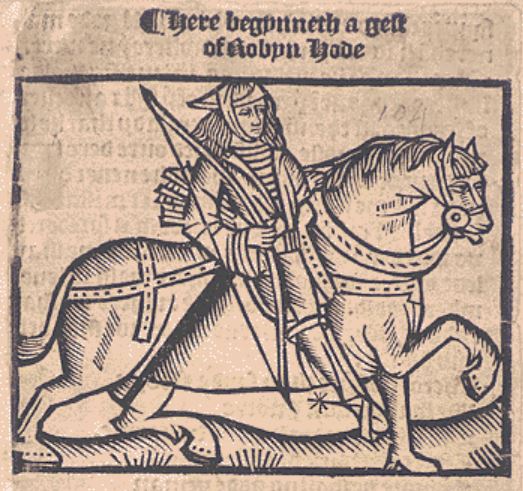Anthony Kenny narratore della filosofia medievale
DOI:
https://doi.org/10.13130/2035-7362/15573Keywords:
Kenny, Russell, Copleston, Historiographical Methods, History of Medieval PhilosophyAbstract
In an era, like the present one, devoted to specialism, few authors are willing to write a history of philosophy that aspires to cover an entire period, such as the medieval one and, even less, those who attempt to draw up a global history of philosophy. The sectoriality has many advantages, but at least one defect, that is to avoid a unitary narrative which, although necessarily partial and not complete, is capable of offering an overview by staging the main philosophers, aggregated into currents, and the fundamental directions of speculative thought. The risk of formulating a unitary narrative of philosophy, as the sole author, was faced by Anthony Kenny, publishing four volumes of a New History of Western Philosophy. The second of these volumes is dedicated to medieval philosophy and the present contribution intends to contextualize its genesis, paying special attention to the two sources Kenny refers to (Russell's and Copleston's histories of philosophy) to then clarify the criteria used by Kenny in what he himself defines as a narration and to critically examine the results achieved.
Downloads
Downloads
Published
How to Cite
Issue
Section
License
Copyright (c) 2021 Doctor Virtualis

This work is licensed under a Creative Commons Attribution 4.0 International License.
Authors who publish in this journal accept the following conditions:
a. Authors retain the rights to their work and assign to the journal the right of first publication of the work, simultaneously licensed under a Creative Commons - Attribution License that allows others to share the work indicating intellectual authorship and first publication in this journal.
b. Authors may enter into other non-exclusive licensing agreements for distribution of the published version of the work (e.g., deposit it in an institutional repository or publish it in a monograph), provided they indicate that the first publication was in this journal.
c. Authors can disseminate their work online (e.g., in institutional repositories or on their own website) before and during the submission process, as it can lead to productive exchanges and increase citations of the published work (See The Effect of Open Access).





